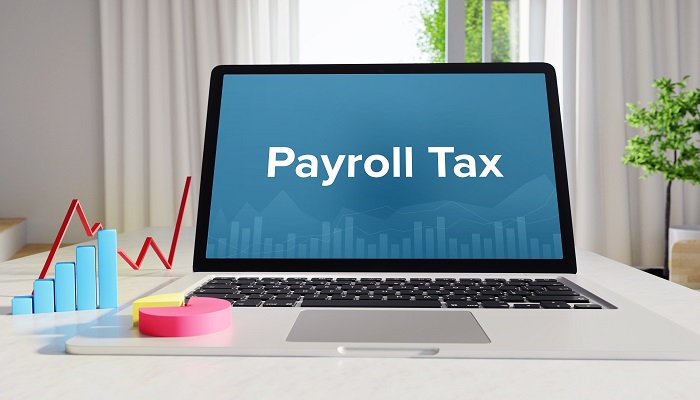
The taxes withheld from employees to be used to pay FICA taxes and income tax by the employers are known as payroll taxes. It is the employer’s responsibility to maintain an accurate record of the funds deducted from employee salaries, and it is mandatory for them to pay their share of taxes as an employer. Employers must take care when dealing with payroll taxes to avoid getting in any trouble with the Internal Revenue Service. Keep reading to learn all you need to know about IRS payroll taxes.
Employer’s Responsibilities Towards Payroll Taxes
Employers not only have to worry about their business and hiring new employees but also managing tax-related responsibilities. They must collect all the crucial information necessary for processing payroll taxes at the time of hiring employees and during the course of their employment. Employers also need to calculate and collect the various taxes including payroll taxes from employees and pay them to the respective authorities as well as file payroll tax reports on time.
Related Blog Post: 4 Signs to Help You Avoid IRS Debt Tax Relief Scams?
Necessary Federal Registrations Before Hiring Your First Employee
Employers must take care of a few things including federal registrations before they can start hiring employees. They must register with the IRS to get an Employer ID, which can be immediately obtained through an online application. As payroll processing is part of their work, they must register with the IRS for payroll tax payments and filing reports through the Electronic Federal Tax Payment System (EFTPS). The IRS does not accept any paper cheques, which makes this the only payment method.
Mandatory State Registrations Before Hiring New Employees
Before they can start hiring employees, employers also need to get in touch with numerous departments in the state. They must register with the state for income taxes to be legally eligible to withhold payments from employees, pay the state, and file reports. Furthermore, they must register with the State’s Employment Bureau to pay unemployment taxes and workers’ compensation taxes. Employers must also share the information of new employees through the new hire reporting website, as the IRS uses the data to track employees and collect child support payments.
Related Blog Post: 6 IRS Tax Debt Relief Provisions You Should Know About
Payment Schedule And Mediums For Payroll Taxes
The ideal payment schedule for payroll taxes is semi-weekly or monthly and depends on the total amount you owe the IRS. For employers with only a few employees, payroll taxes can be paid monthly, while employers that have numerous employees should do so on a semi-weekly basis. As mentioned before, the IRS accepts payroll tax payments only through the Electronic Federal Tax Payment System (EFTPS).
Conclusion
Dealing with numerous IRS payroll tax-related responsibilities can take quite a huge toll and leave a huge scope for potential issues. When facing IRS payroll tax problems in Dallas, help is at hand when you connect with the proficient and experienced payroll tax attorneys at the Law Offices of Nick Nemeth. Our team of experts can help you deal with all types of IRS tax problems, including those related to IRS payroll taxes. To schedule an appointment or get answers to all your questions about how we can help with IRS payroll taxes, fill our “Contact Form” or call (888) 890-0523 (Toll-Free). You can also email jamie@myirsteam.com and we’ll get in touch with you at the earliest.

